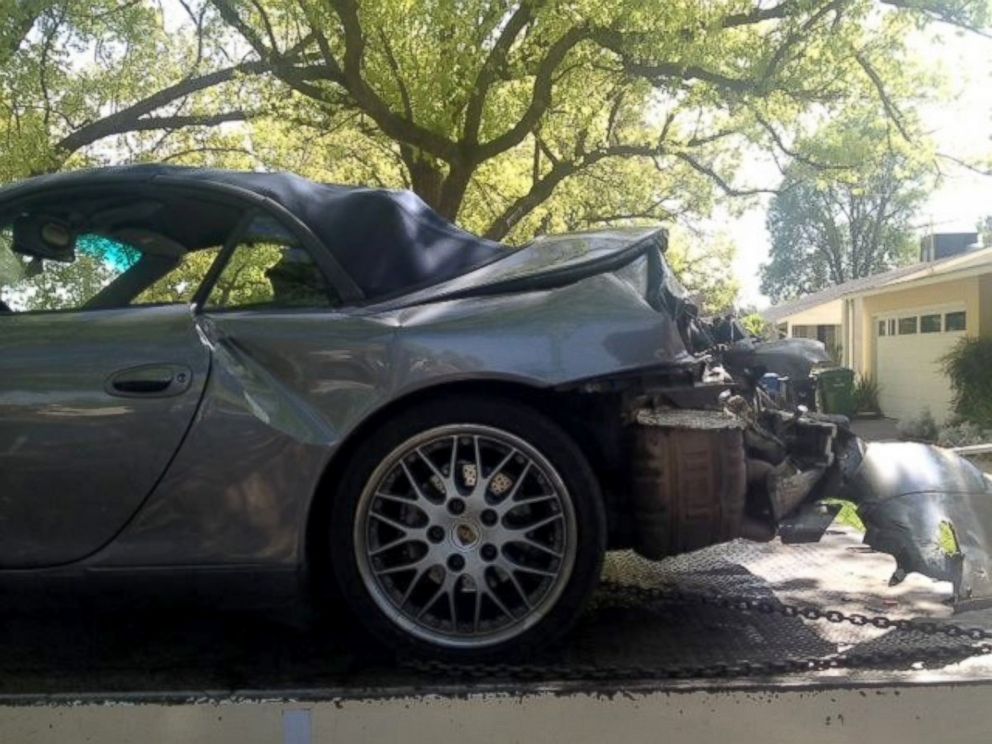Tired EMS Workers a Prescription for Danger on the Roads, Experts Say
ABC News Investigation Exposes a Lack of Regulation in EMS Industry
— -- The emergency medical services industry is trusted to save lives, but all of that can change when a worker dozes off behind the wheel. A “Good Morning America” investigation discovered that EMS driver fatigue is an issue causing increasing concern in the EMS industry, with some calling for federal standards limiting shift lengths or addressing the problem of EMS worker fatigue.
Jeffrey Johnson's case illustrates the problem. Johnson was driving to work in March 2013 when he began to have car trouble. Pulling into the emergency lane, Johnson turned on his flashers and waited for a roadside service provider, but seemingly out of nowhere, an ambulance slammed into the back of the 2001 Porsche 911 Carrera.
“I was just pushed and hit,” Johnson, 44 of Los Angeles, said on “GMA.” “I felt all this blood and everything coming down over my face.”

Video later recovered from inside the ambulance showed an EMS worker apparently dozing off right before crashing into Johnson’s car.
Johnson’s lawyer, Brian Kabateck, claimed the accident occurred because the EMS worker was fatigued.
“What you see leading up to the actual impact is a driver who is classically sleep deprived,” Kabateck said on “GMA.” “You see that he is trying very hard to keep his eyes open.”
In another case that was caught on camera, an EMS worker in New York can be seen appearing to doze off behind the wheel while driving in The Bronx before hitting and injuring a pedestrian and driving into several parked cars in October 2012. That driver declined to comment to ABC News.
In a statement to ABC News, the company said: “Safety is our highest priority, our professionals receive continuous training. Our work rules limit the amount of consecutive hours worked and ensure time off between shifts. Drivers who exhibit any sign of fatigue do not work their shift.”
Both of these accidents led to lawsuits that were later settled without the ambulance companies admitting any wrongdoing.
Accidents like these are adding to growing concern that the people who are entrusted to save lives could actually be putting themselves and others at risk because of fatigue.
Earlier this year, the National Highway Traffic Safety Administration referenced a study in which 50 percent of EMS workers surveyed suffered from fatigue.
“EMS workers across the entire industry are working in sleep deprived and fatigued states – a very dangerous situation,” the NHTSA said in a statement.




